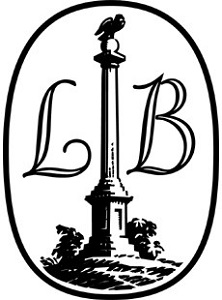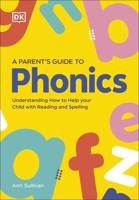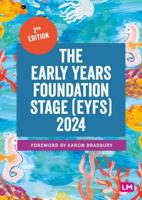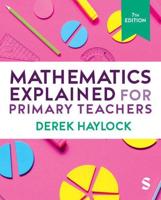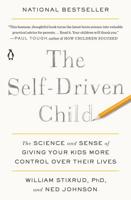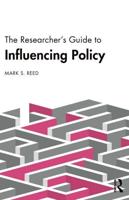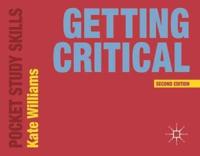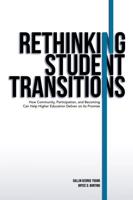Publisher's Synopsis
In the wake of the tragedy of the shootings in Littleton at Columbine High School and other killings of children by children, there is increasing recognition of the urgent need for a deep systemic reassessment of what we are teaching our children. Based on the multidisciplinary research conducted by Riane Eisler over three decades, Tomorrow's Children presents a new integrated model for education: the partnership model.This model is an outgrowth of the cultural transformation theory developed by Dr. Eisler in her classic work The Chalice and the Blade. In that book, Eisler identifies a continuum of patterns for structuring relations. At one end of the continuum is the partnership model, which embodies equity, environmental sustainability, multiculturalism, and gender-fairness. At the opposite end of the continuum is the dominator model, which has marred much of our civilization. This model emphasizes control, authoritarianism, violence, gender discrimination, and environmental destruction. Eisler also shows that we today stand at a crossroads, where a shift to the partnership end of the continuum is essential for human welfare, and possibly survival. A new kind of education system is required to effectuate this shift. Tomorrow's Children applies the partnership model to education from kindergarten to twelfth grade and beyond, providing practical guidance for educators, parents, and students. Rather than one more add-on to existing methods and curricula, it provides a systemic approach that offers a more accurate and hopeful picture of what being human means. The curriculum loom and learning tapestry Eisler presents in Tomorrow's Children integrate three primary components of teaching and learning: what Eisler calls partnership process, partnership structure, and partnership content. The book melds Eisler's research and the work of many progressive educators into a cohesive and compelling blueprint for the kind of proactive education children need to meet the challenges of the 21st century. As Nel Noddings, a noted professor of education from Stanford University, writes, the adoption of a partnership model in both schools and the larger society is essential for human life to flourish."

